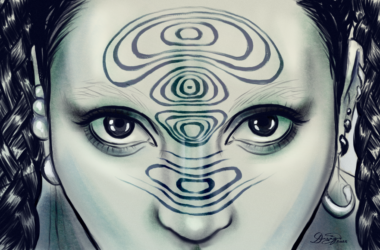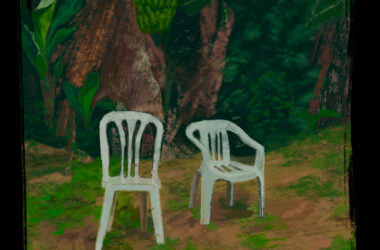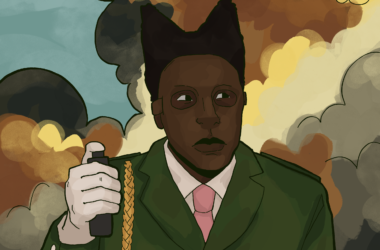Loss is hardly a new subject for Bruce Springsteen: Many of his most popular songs surround this absence from arena anthems like “Born in the USA”, to heart-wrenching ballads of dying dreams like “The River.” His new album, Letter to You, returns to this well once again, but with a far more personal and honest tone than his previous work. Many of Springsteen’s classic tracks tell stories of a narrator coping with a world that they feel is leaving them behind. Shuttered factories, highways that never slow down—if you’re the main character of a Springsteen song, you’re probably not all that happy about it.
But Springsteen himself has never lived that life, and he doesn’t hide it either. In Springsteen on Broadway, his (almost) one-man-show, he confesses to the audience that he never held a nine to five job at all. He’s played this character for more than 50 years, and he plays it well.
Letter to You feels different in its reflections. When Springsteen sings about a young man’s dreams, they’re specifically his. When he reflects on his life and career, just as he does in The River, it’s not about a construction worker chasing a feeling, but rather a reflection on his younger years of playing the dive bars of the Jersey Shore circuit. Springsteen conveys his loss musically rather than just lyrically—though he does that plenty, especially in his closing song “I’ll See You in my Dreams.” The deaths of Danny Federici and Clarence Clemons, longtime members of Springsteen’s backing band E-Street, can be felt by their lack of musical presence. The band hasn’t ditched Federici’s and Clemons’s organ or saxophone altogether, but when they are used, it feels tasteful and reverential without the risk of careless replacement.
What struck me during my first listen of the album in full was how little I related to his stories. Sure, I grew up in New Jersey and occasionally spent time in Asbury Park, but I never had a garage band or spent teen nights on the beach and boardwalk. And yet, Springsteen has completely mastered one emotion: Nostalgia. It is universal across his music, and appears strikingly in Letter to You. The longing in Springsteen’s lyrics reaches out from his life to his listeners, forging a necessary intimate connection. Just this once, the master of crafting nostalgia will let you into his own.
This pull towards a past that is not my own fascinates me. I’m 21, in school, can’t legally drive, and I’m not a rockstar, yet I feel a strong emotional connection towards Springsteen’s music. Many of my closest friends feel the same as I do, and while we influence each other’s music taste to some extent, loving Springsteen is something we’ve all arrived at independently. Although his music can be easily dismissed as “dad rock,” younger audiences surely enjoy his music for another reason.
One of my favourite songwriters, Glen Hansard, has advised hopeful songwriters to write about something specific and personal so that people will relate to it. It’s a bit counterintuitive, but perhaps that is what’s at play here. Springsteen doesn’t just create the longing from nowhere—the intimacy in his stories brings out a nostalgia that is dormant inside us. By writing these immensely personal stories, even if fictitious, Springsteen allows us to attach our worlds, our meanings, and our stories to them. This may even be behind the dedicated young POC and 2SLGBTQIA+ people who are becoming ever more present within the fan base.
Letter to You is a masterpiece of E-street proportions. It tugs on the heart, it puts the roar of a stadium in the listeners ear, and above all, it reminds listeners that we all have a capacity for longing that doesn’t just span a half-century career, but also connects us to our most empathetic selves.










Amazing review. I just listened to Letters today while driving. I was never a Bruce Springsteen fan when he was first popular. But like Mathew Hawkins says, the nostalgia is there, it’s part of us. Whenever we find it, trip over over it or accept it.
Now I love this music for its time travels, still so clear in its message of love & heartbreak.